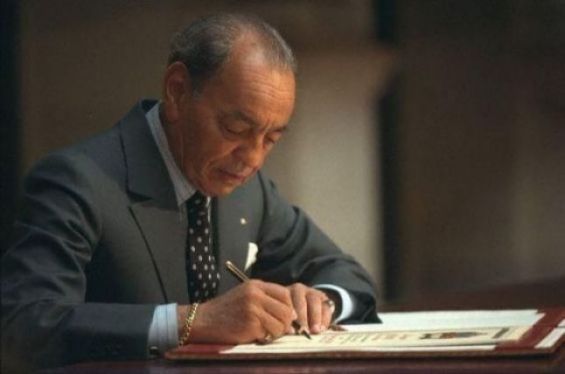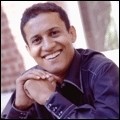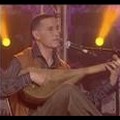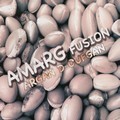In the mid-1970s, Tripoli and Algiers were two very influential capitals in Africa. In January 1976, a Liberation Committee within the Organization of African Unity (OAU) urged the body in a meeting held in Maputo, Mozambique, to recognize the Polisario Front as an «African Liberation Movement». In less than a month, the separatist movement announced the creation of the self-proclaimed «Sahrawi Arab Democratic Republic».
During an OAF summit held on July 17, 1978, in Khartoum, African leaders called for a cessation of hostilities in Western Sahara and recommended the need of a political solution to solve the conflict under the auspices of the UN.
The summit ordered the creation of a panel of five African presidents, namely from Sudan, Guinea, Mali, Nigeria and Tanzania, to study the Western Sahara conflict and present their recommendations in the upcoming summits. In 1979 in Monrovia, the Organization of African Unity concluded that the «people of Western Sahara» should have the right to self-determination through a referendum.
This conclusion put Morocco in a difficult situation, as many African countries were on the side of Algeria and Libya. Faced with this, King Hassan II surprised everyone by announcing that he accepts the idea of a referendum, despite the refusal of the Moroccan opposition, including the Socialist Union of Popular Forces.
Accepting the idea of a referendum
In June 1981, King Hassan II flew to the Kenyan capital, where he delivered a speech before the leaders of the Organization of African Unity. The sovereign started his speech by explaining the reasons behind his decision. He stressed that the unity of the continental organization was very important to him and that preserving it is something he cared about.
«We have decided to take into account the idea of a referendum which relies on conditions that respect the recent recommendations made by the Special committee», Hassan II said. The African body welcomed the decision of the Moroccan King and decided to «establish an executive committee composed of Guinea, Kenya, Mali, Nigeria, Sierra Leone, Sudan and Tanzania and gave it the right to ensure, in collaboration with the parties involved in the conflict, the implementation of the recommendations made by the committee».
The organization also urged «the parties involved in the conflict to cease fire immediately» and called on the executive committee «to ensure the implementation of the ceasefire without delay». At the time, Morocco considered that it was the duty of the United Nations to contribute to the organization of the referendum.
In a letter to Kenyan President Daniel arap Moi, who was chairman of the Organization of African Unity at the time, Hassan II wrote : «Based on what we have said to the commission, we will spare no efforts to facilitate, within the framework of Moroccan sovereignty, the referendum, which would endorse peace in Western Sahara».
Speaking at the African Follow-up Committee on 24 August 1981, the King said «Morocco is more than ready to back its African brothers to ensure that all the procedure of this referendum is well carried from start to finish». Meanwhile, the sovereign rejected the idea of creating a temporary United Nations office in the Sahara.
The OAU Executive Committee, and after it heard all parties, decided to conduct a «referendum in Western Sahara and a ceasefire». It wanted to have «all Sahrawis included in the 1974 census conducted by the Spanish authorities vote». It was also decided to make the referendum about two options : «independence» or «integrating Morocco».
On 25 September 1981, M’hamed Boucetta, Minister of State in charge of Foreign Affairs in New York, delivered a letter to Kenyan President Arap Moi, in which King Hassan II referred to some of the decisions made by the OAU Executive Committee that he did not accept. His reservations included the vote and the options put for the voters.
In a meeting on February 7 and 8, 1982, the African Follow-up Committee decided to establish an interim administration to organize a fair and impartial referendum. However, on February 8th, Morocco reiterated to the Follow-up Committee in Nairobi the Foreign Minister's refusal to establish any interim administration in the territory.
The Organization of African Union and the Western Sahara conflict
In February 1982, during the thirty-eighth session of the Council of African Foreign Ministers held in Addis Ababa, the bid of the «Sahrawi Arab Democratic Republic» to join the body was accepted and approved by 26 member states. The OAU summit was scheduled to be held in the Libyan capital, where the Polisario was supposed to attend an Organization of the African Unity for the first time.
Reacting to that, the United States, Morocco, Zaire (now the Democratic Republic of Congo), Senegal, Sudan and Somalia, decided to boycott the summit. The latter was, however, canceled.
In November 1984, a delegation representing the «Sahrawi Republic» led by the late Polisario Front leader Mohamed Abdelaziz attended a summit of the Organization of African Unity, held in Addis Ababa, for the first time. This pushed Morocco to leave the organization.
During the opening session, the head of the Moroccan delegation, the late Royal Chancellor Ahmed Reda Agdeira, announced Morocco's decision in a letter written by King Hassan II.





 chargement...
chargement...













